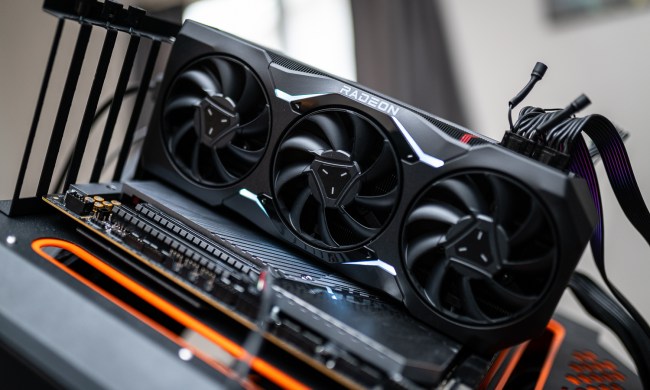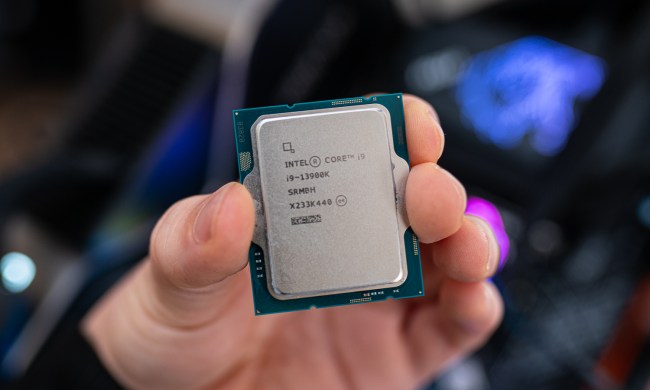Hundreds of millions of AMD CPUs are facing a new vulnerability called Sinkhole. The exploit, which was first reported by Wired, impacts processors dating back to 2006, and it spans nearly all of AMD’s products. That list includes Ryzen, Threadripper, and Epyc CPUs across desktop and mobile, as well as AMD’s data center GPUs. Despite Sinkhole hitting some of AMD’s best processors, only the most recent batch of chips will receive a patch that fixes the vulnerability.
AMD isn’t patching Ryzen 1000, 2000, or 3000 processors, nor is it patching Threadripper 1000 and 2000 CPUs, reports Tom’s Hardware. The company claims that these older CPUs fall outside of its support window, despite the fact that millions are still in use. Still, even the most recent Ryzen 3000 chips were released over five years ago, and it makes sense that AMD would want to focus its support on new chips like the Ryzen 5 9600X and Ryzen 7 9700X.
Make no mistake, Sinkhole is a major security flaw. However, it’s not an exploit the vast majority of users need to worry about. Sinkhole, which was discovered by researchers at IOActive, allows attackers to run code in System Management Mode. This operating mode allows close access to the hardware, and it’s where you’ll find firmware running for power management settings, for example. Wired reports that the malware can dig down so deep that it’s easier to discard an infected computer rather than repair it.
Sounds scary, but an attacker would already need to have deeply infected your PC in order for Sinkhole to play a role. The researchers pointed to something like a bootkit as an example, which runs malicious code before the operating system loads in order to evade antivirus software. AMD says that attackers would already need access to the OS kernel in order for Sinkhole to be on the table. In other words, it would need to be a highly targeted attack on a severely compromised PC. It’s an exploit that should almost never occur on a consumer PC.
Anyone targeted by Sinkhole should get ready for trouble. The researchers say the exploit is so deep that it wouldn’t be picked up antivirus software, regardless of how sophisticated it is, and that malicious code can persist even through a reinstall of the operating system.
AMD has or is going to release a patch for its most recent chips. For consumers, that includes mobile processors dating back to AMD Athlon 3000, and for desktop, we’re talking processors dating back to Ryzen 5000. Although you shouldn’t worry much that Sinkhole will be exploited on your PC, it’s a good idea to patch your processor regardless. AMD says the update won’t come with a performance loss, and a little extra security never hurt anyone.





